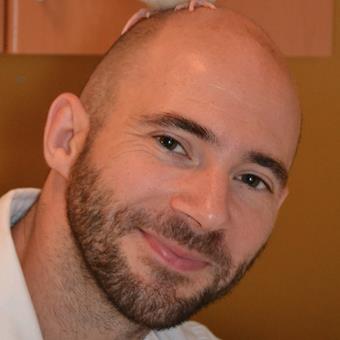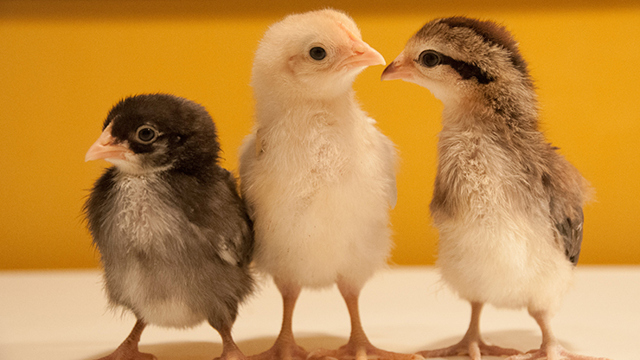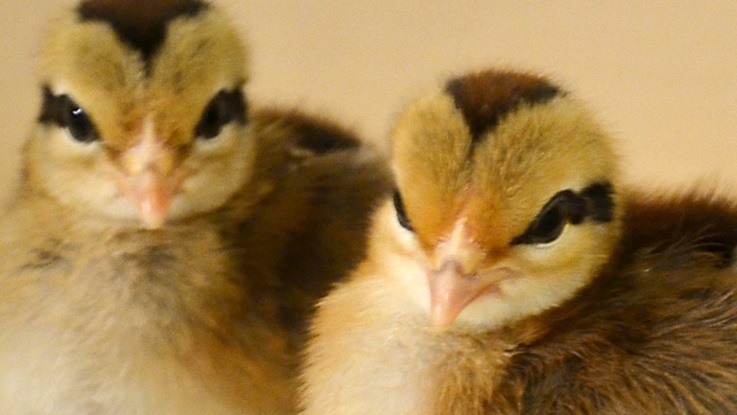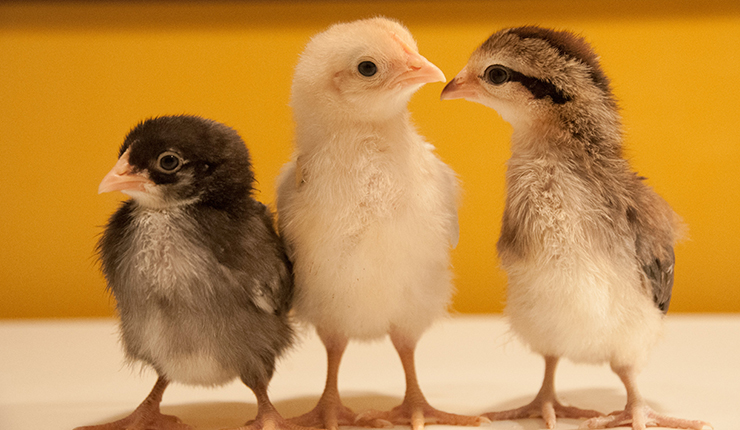 These chickens have mixed heritage from domesticated poultry and the Red djungle fowl. Photo credit: Dominic Wright
These chickens have mixed heritage from domesticated poultry and the Red djungle fowl. Photo credit: Dominic Wright Dominic Wright, senior lecturer at the Department of Physics, Chemistry and Biology (IFM), has received nearly EUR 2 million, corresponding to nearly SEK 20 million, for a five-year period.
For many thousands of years, humans have bred certain species to make them suitable as domestic animals. This process is known as “domestication”, and has long been of interest to researchers who investigate the mechanisms of evolution. Dominic Wright has decided to focus on the reverse process in which a group of domesticated animals return to life in the wild. One example is domesticated poultry that have escaped into the jungle on Kauai, one of the Hawaiian islands.
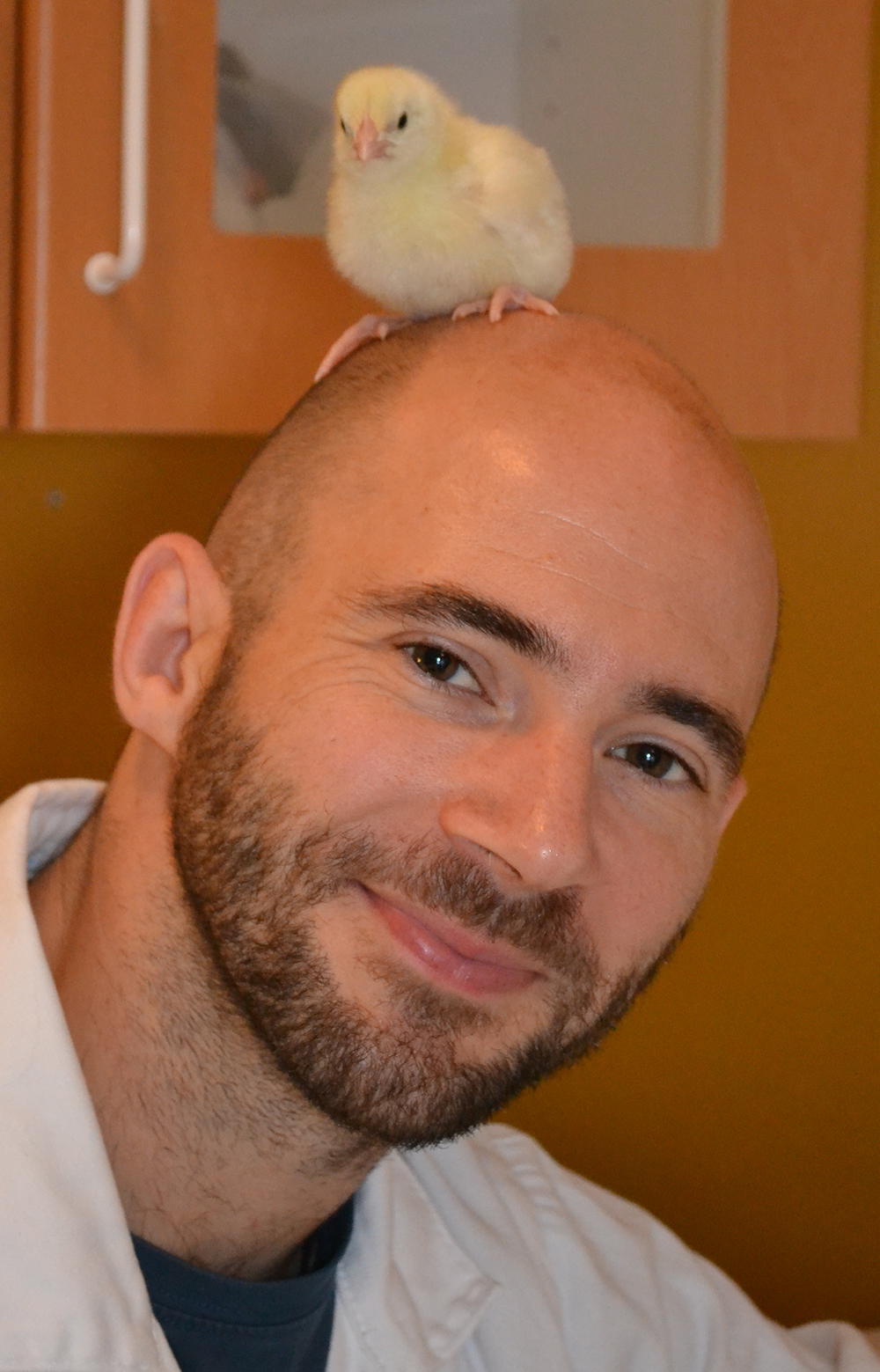 Dominic Wright. Photo credit: Private
Dominic Wright. Photo credit: PrivateWhen the animals readapt to life in the wild, they can choose, for example, mates without restrictions. They may also experience greater threats from predators and disease. Both natural and sexual selection start to influence the population as it becomes more feral.
Researchers have used the domestication process to identify genes that influence many of the properties that have changed during the process. Very little is known, however, about the genetic changes that occur during feralisation. Dominic Wright hopes that the research project will contribute important insights.
The ERC awarded a total of EUR 630 million in this round, in the form of Consolidator Grants to researchers in Europe who carry out research of the highest quality. Competition for these grants is fierce. In this round, 2,538 researchers applied, of whom 329 (13%) received grants. Fourteen of the research projects will be conducted in Sweden. Research financing is one component of the EU research and innovation programme Horizon 2020, supporting researchers in all fields of science.
